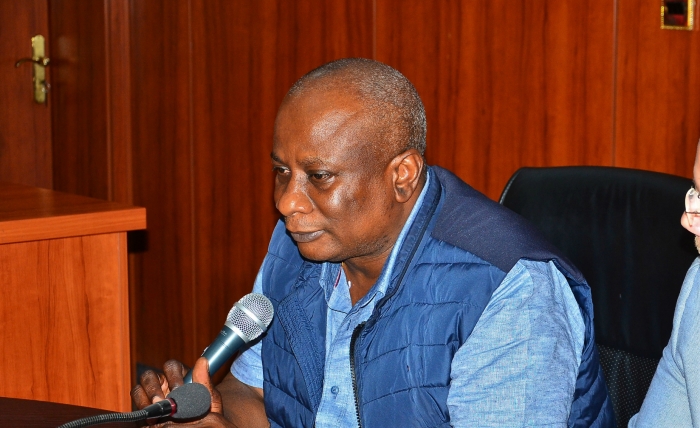Edward Kallon, the UN humanitarian coordinator in Nigeria, says the deadly ambush on a convoy carrying humanitarian food supplies for conflict-affected is capable of limiting the organisation’s work in Nigeria.
In a statement released by the UN on Monday, the aid agency expressed grave concern over the “limitations that attacks of this nature” may have on the delivery of life-saving supplies to people in need in north-east Nigeria.
The armed ambush by a non-state armed group took place on the road between Dikwa and Gamboru, in Borno state, and resulted in the reported loss of at least four people as well as the destruction of basic aid items initially destined to alleviate the suffering of thousands of women, children and men.
The army said only Boko Haram members were killed in the attack.
Advertisement
“Violence against convoys carrying humanitarian aid is unacceptable and can result in concerning limitations in our ability to provide life-saving relief to those who need it the most,” Kallon said.
“We must ensure the safety of aid workers and aid convoys across the north-east of Nigeria, so people in need of assistance can access it in a timely manner and in sufficient quantity. Many lives are at risk,” he added.
The United Nations and its partners operate in the north-east of Nigeria in order to provide life-saving assistance to 6.9 million people affected by the brutal conflict. Humanitarian operations are carried out following the four basic humanitarian principles of operational independence, humanity, impartiality and neutrality and should be respected as such.
Advertisement
Since January 2017, despite major challenges, humanitarian operations in north-east Nigeria have managed to assist over 5 million conflict-affected people in the states of Adamawa, Borno and Yobe, including 3 million with food security interventions, 936,000 with nutritional support, 5 million with health care assistance, and over 1.3 million with safe drinking water.
Add a comment







